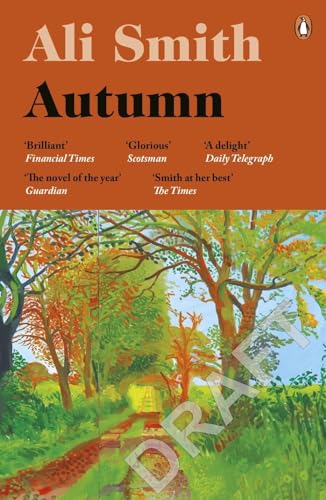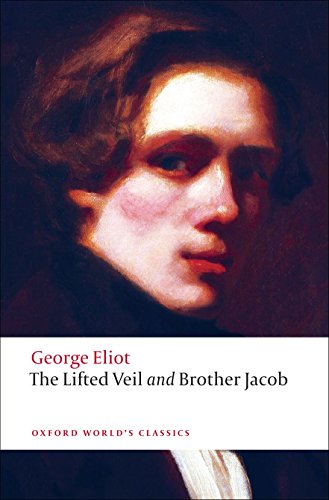Mar. 6th, 2022
Did Riley Rang?
Mar. 6th, 2022 10:03 amI get a call early this morning at 8.15 AM. I thought it was an emergency as I rushed from the toilet to call back thinking it was bro needing me. The call log says it was him phoning.
Anyway, I call back and awake him with his obvious perplexity about why I am calling him so early. I apologise for phoning so early. Then I wonder afterwards where he might have laid his mobile as the last call yesterday he had was from me. I wonder if Riley stepped on the phone or sat on it to trigger the call to me. Think he needs interrogating lol. At least it wasn't a cat-astrophe!
Anyway, I call back and awake him with his obvious perplexity about why I am calling him so early. I apologise for phoning so early. Then I wonder afterwards where he might have laid his mobile as the last call yesterday he had was from me. I wonder if Riley stepped on the phone or sat on it to trigger the call to me. Think he needs interrogating lol. At least it wasn't a cat-astrophe!
Mary's Birthday
Mar. 6th, 2022 03:54 pmIt is Mary's birthday today. She is my classical loving neighbour at number 27 above. Anyway, I knew she would be having a meal with her daughter at The Ship Inn just around the corner here in Ospringe.
We decided to come after they had the meal.
So, I and Dawn, Jane from 29, as well as Anna, crashed it from two onwards.
I had a pint of Masterbrew at the pub. A whopping four quid - double than the Spoons pub I visit.
Just arrived back home.

Jane and Anna at the pub.

Leaving the pub. I am following behind Dawn. Obvious reasons :)
We decided to come after they had the meal.
So, I and Dawn, Jane from 29, as well as Anna, crashed it from two onwards.
I had a pint of Masterbrew at the pub. A whopping four quid - double than the Spoons pub I visit.
Just arrived back home.

Jane and Anna at the pub.

Leaving the pub. I am following behind Dawn. Obvious reasons :)
Book 12 - Ali Smith "Autumn"
Mar. 6th, 2022 08:49 pmAli Smith "Autumn" (Penguin)

This opening novel in the Seasonal Quartet focuses on Daniel, an elderly man about whom we learn much more in future volumes, and Elisabeth, his next-door neighbor who is a young girl when they first meet. We see Daniel and Elisabeth as they interact during her childhood/teens, and then years later when Elisabeth is a young woman is visiting Daniel in a nursing home. Despite what seems to be the lack of a strong plot, there is actually quite a lot going on. Once again there is a lot about art, and I particularly enjoyed learning about Pauline Boty, a British pop artist from the 60s I had never heard of, who died tragically young, and now seems to be having something of a resurgence.
Lots of the book is narrated in a somewhat stream-of-consciousness way, somewhat surreal and hallucinatory (as in the dreams of a 101-year-old man on his deathbed). There's a lot of humor here too, Elisabeth's encounters with the bureaucracy being particularly funny.
In fact, this is an ambitious lyrical novel that examines Brexit and the impacts of nationalism upon a diverse and cosmopolitan populace. Once you adjust to the style, the book moves quickly and is compelling in its narration. I am eager to read the next novel in the sequence. Worth reading.

This opening novel in the Seasonal Quartet focuses on Daniel, an elderly man about whom we learn much more in future volumes, and Elisabeth, his next-door neighbor who is a young girl when they first meet. We see Daniel and Elisabeth as they interact during her childhood/teens, and then years later when Elisabeth is a young woman is visiting Daniel in a nursing home. Despite what seems to be the lack of a strong plot, there is actually quite a lot going on. Once again there is a lot about art, and I particularly enjoyed learning about Pauline Boty, a British pop artist from the 60s I had never heard of, who died tragically young, and now seems to be having something of a resurgence.
Lots of the book is narrated in a somewhat stream-of-consciousness way, somewhat surreal and hallucinatory (as in the dreams of a 101-year-old man on his deathbed). There's a lot of humor here too, Elisabeth's encounters with the bureaucracy being particularly funny.
In fact, this is an ambitious lyrical novel that examines Brexit and the impacts of nationalism upon a diverse and cosmopolitan populace. Once you adjust to the style, the book moves quickly and is compelling in its narration. I am eager to read the next novel in the sequence. Worth reading.
Book 13 - Piers Paul Read "The Templars"
Mar. 6th, 2022 08:59 pmPiers Paul Read "The Templars" (Phoenix)

This book is popular fiction, which the author clearly states in the preface. That being said, the book read like a general overview of the Crusades, with occasional references to the Templars thrown in. The first section provided a good overview of the three Abrahamic faiths and the reason why the Temple was so important. Read is a novelist and the style of this book was like a novel; he's not an academic historian and it would not be fair to compare him to them. The book was readable and kept a pretty decent pace, but some of his statements seemed quite contradictory to things I've read in other books. In conclusion, a good overview of religious backgrounds for the Crusades, and of the key events of the Crusades, but it seemed rather lacking on the Templars themselves.

This book is popular fiction, which the author clearly states in the preface. That being said, the book read like a general overview of the Crusades, with occasional references to the Templars thrown in. The first section provided a good overview of the three Abrahamic faiths and the reason why the Temple was so important. Read is a novelist and the style of this book was like a novel; he's not an academic historian and it would not be fair to compare him to them. The book was readable and kept a pretty decent pace, but some of his statements seemed quite contradictory to things I've read in other books. In conclusion, a good overview of religious backgrounds for the Crusades, and of the key events of the Crusades, but it seemed rather lacking on the Templars themselves.
George Eliot "The Lifted Veil and Brother Jacob" (Oxford University Press)


This slim volume collects George Eliot's only two standalone pieces of short fiction. The first, "The Lifted Veil," I had known to contain scientific elements, but I did not realize until reading it that it was in fact a proper piece of what we would now call "science fiction." As ably demonstrated by the editor of my edition, Helen Small, Eliot invokes contemporary scientific terminology to justify the strange happenings of her story. It's a neat, dark, dismal story of a man who can pierce the veil that separates us from each other and from the future, and is all the worse for it. The set-piece that ends the story is dynamic and powerful. I'm sad it took me so long to get around to reading it, but glad to have experienced it.
The other story, "Brother Jacob," is a cute example of Eliot's attention to character, and fun enough, but ultimately feels rather slight. It's not very long but still feels like there's not enough substance to quite justify its length, in terms of either comedy or drama.







